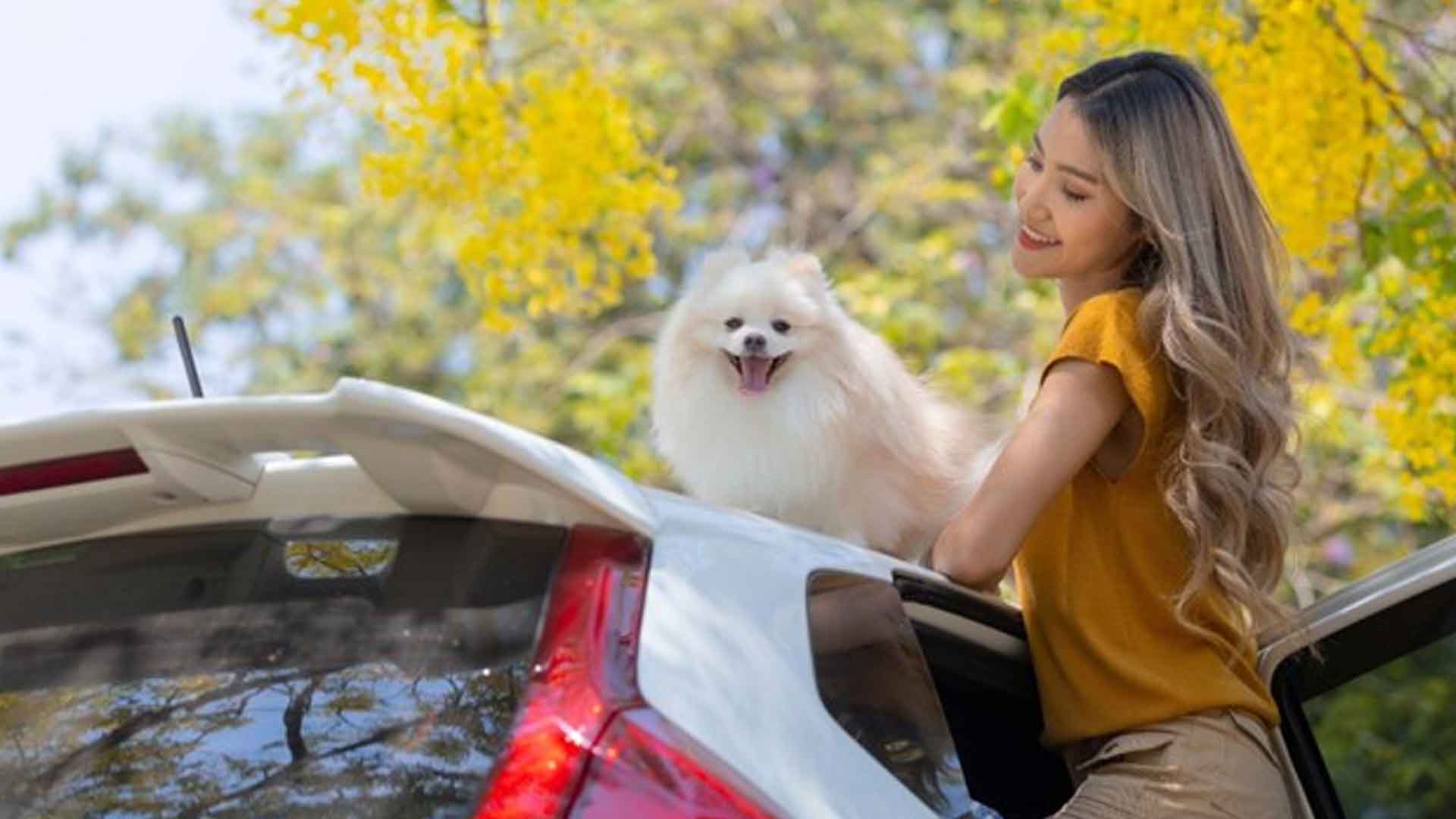There are many reasons why some fur parents take their dogs on vacation with them. Whatever the reason, every fur parent should know the precautions, safety, and guidelines when traveling with their fur baby.
Like humans, dogs have different behaviors when traveling; some may be more tired than others, and some are energetic. Nevertheless, if your dog likes to travel or not, scroll down to see if you may have missed a thing or two in your preparations.
1. Where to stay
If you were ever to plan a hotel or a staycation place, you would pick places that allow pets. However, consider the guidelines of where you will be staying. Not all facilities welcome the presence of dogs. Hotels or Airbnb won’t adjust their guidelines for you, so before traveling, check the policies and guidelines when it comes to pets before booking.
2. What to bring
Every time you travel with your dog, you must prepare their personal documents. A complete record of their vaccinations is also required. This is for the safety of your dog to ensure that it is fit to travel. Health documents are also essential when traveling on air. You might also want to consider consulting with the vet first before traveling.
3. Mode of transportation
You also have to consider what mode of transportation you are traveling with. Guidelines and policies are different in each mode. If you are on land with a private car, most likely you won’t need a permit. On a plane, different airlines have different guidelines on dogs flying.
In addition, if your fur-baby is a brachycephalic, also known as “Snub-nose” it is best to not make them travel on a plane. Because of how their skulls are structured, they are prone to breathing problems. Their noses are shorter in length compared to normal-length nose dogs, so their breathing is often congested.
On the sea, similarly, depending on what ferry service you choose, check if they allow dogs to go on board, and what paperwork you need to process before boarding.
4. Travel behavior
Dogs have different behaviors when traveling. Check if your pup gets anxious in a car ride, from there you can desensitize your pup, and train them that there’s nothing to be worried about in car rides.
Be vigilant as well; some dogs prefer to be restrained during travel while some don’t. Observe if your pup prefers being held or likes to sleep on the floor of the car. Dogs can be trained to travel while inside a crate. The restraint method should also be compatible with your lifestyle. Crates are good if you have kids around. However, train your dog with confinement first before traveling with it.








